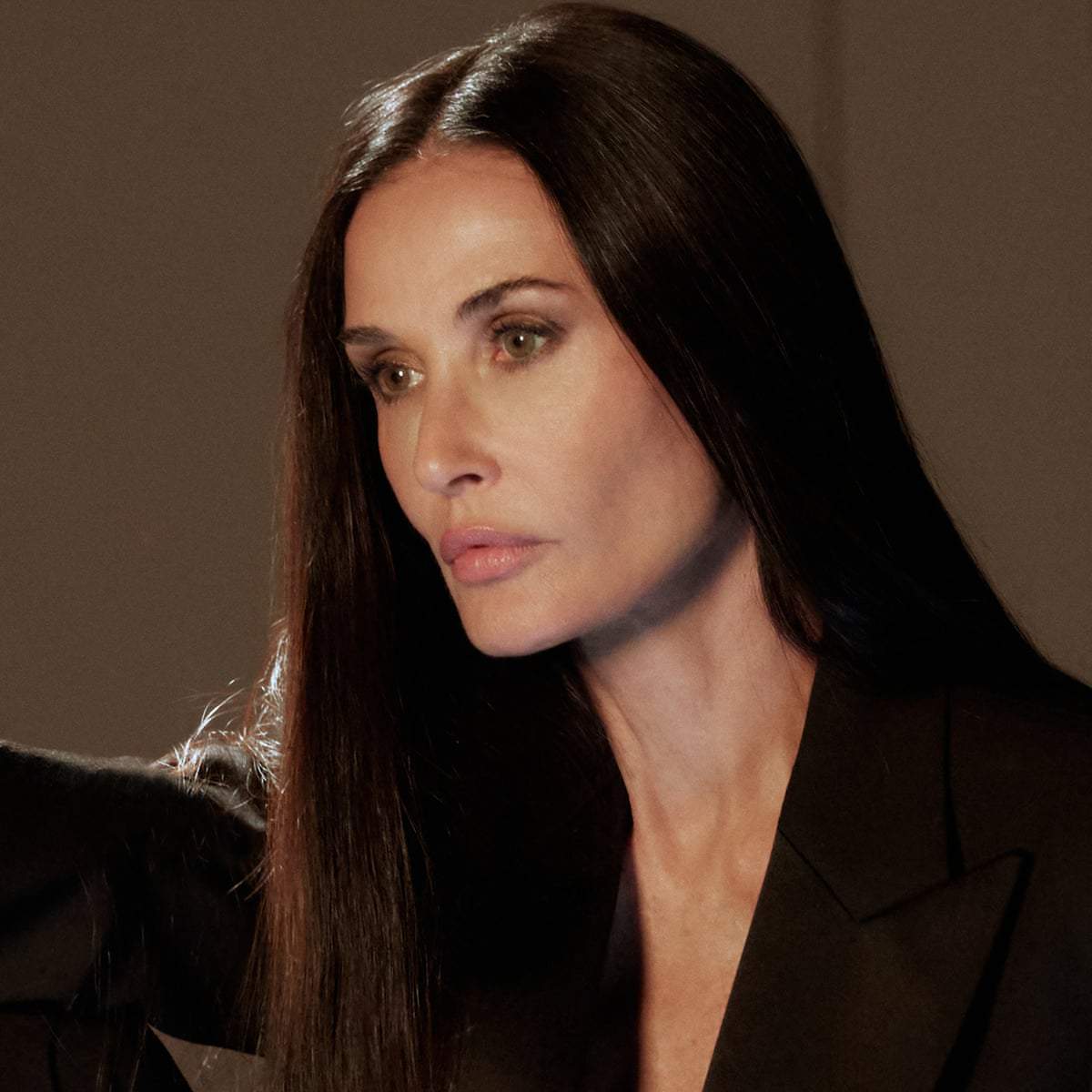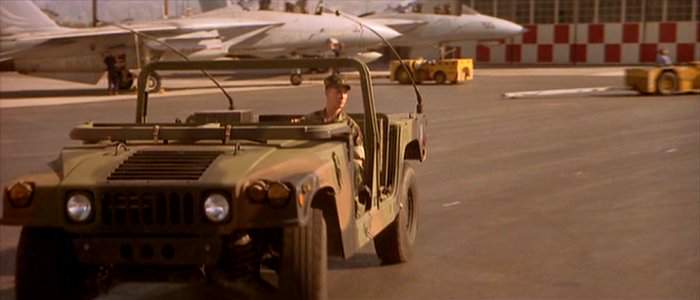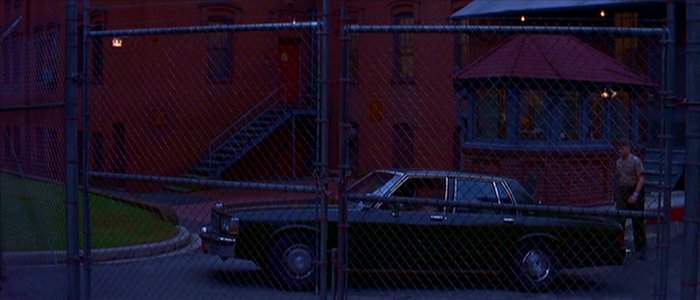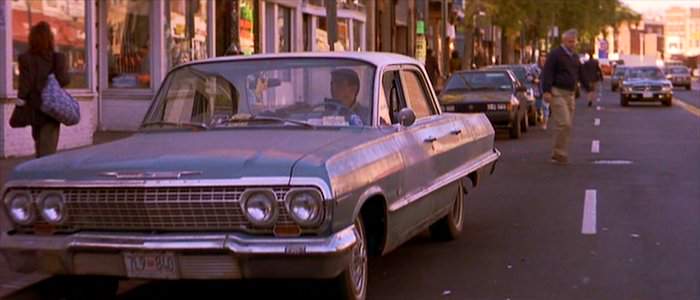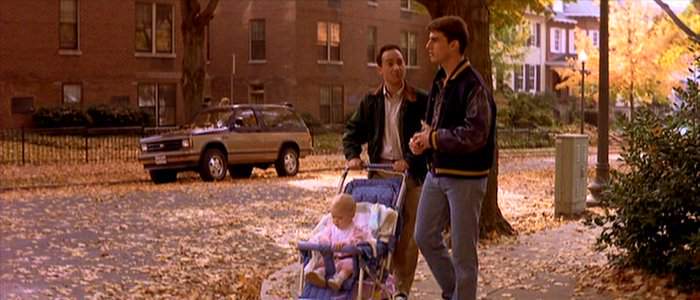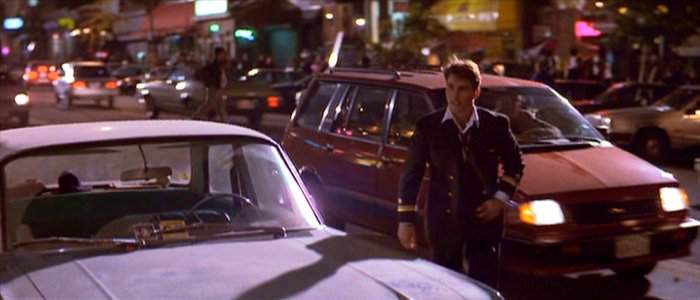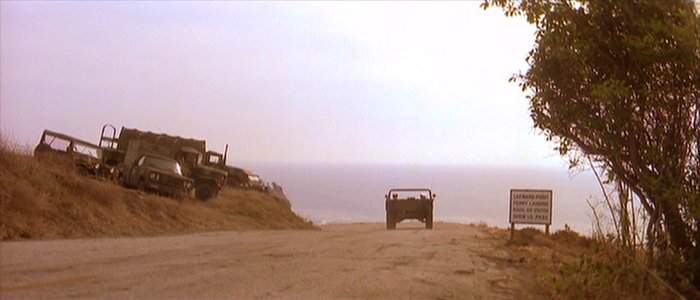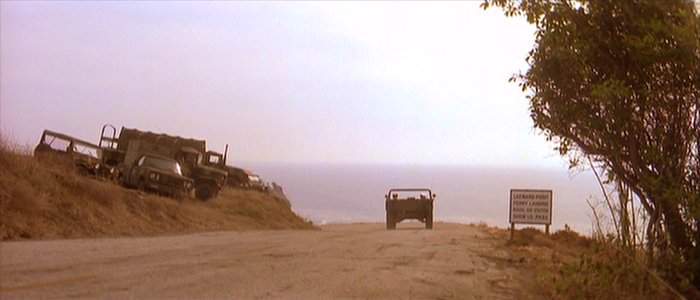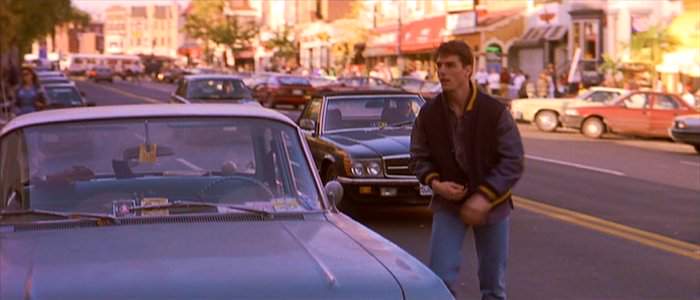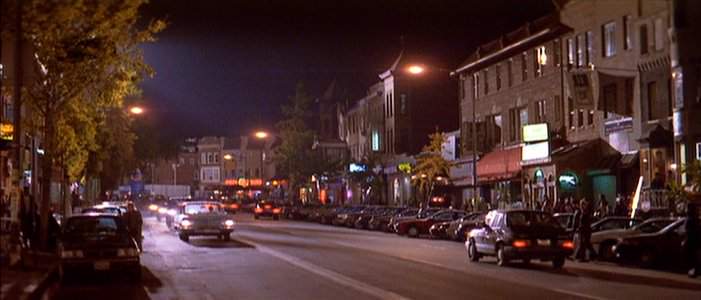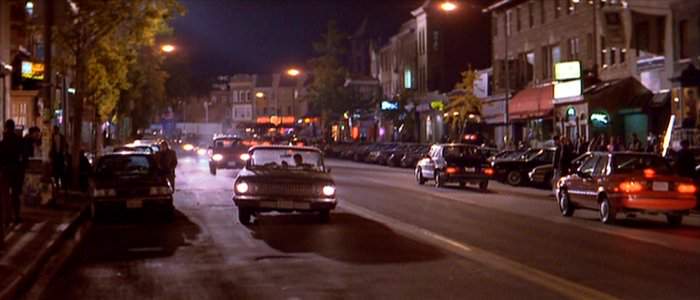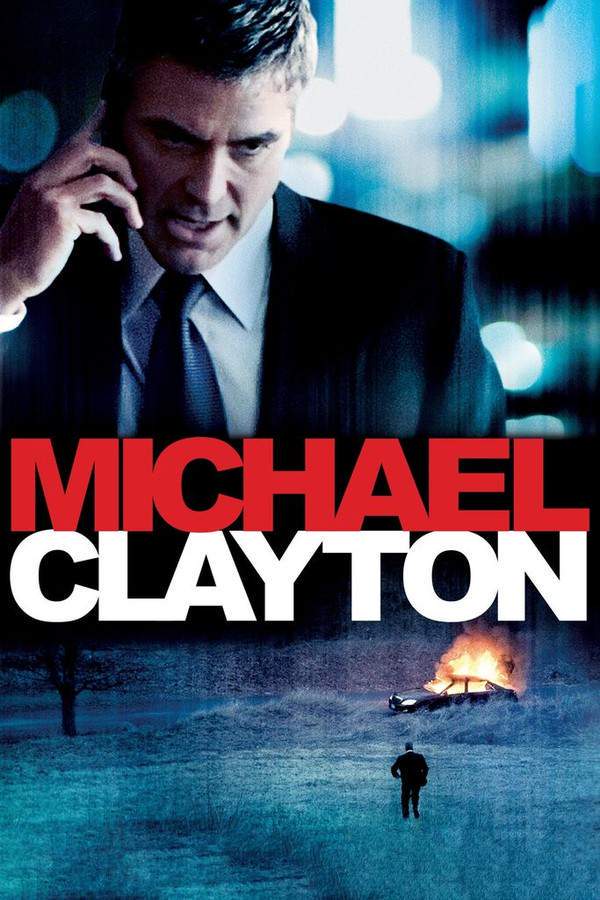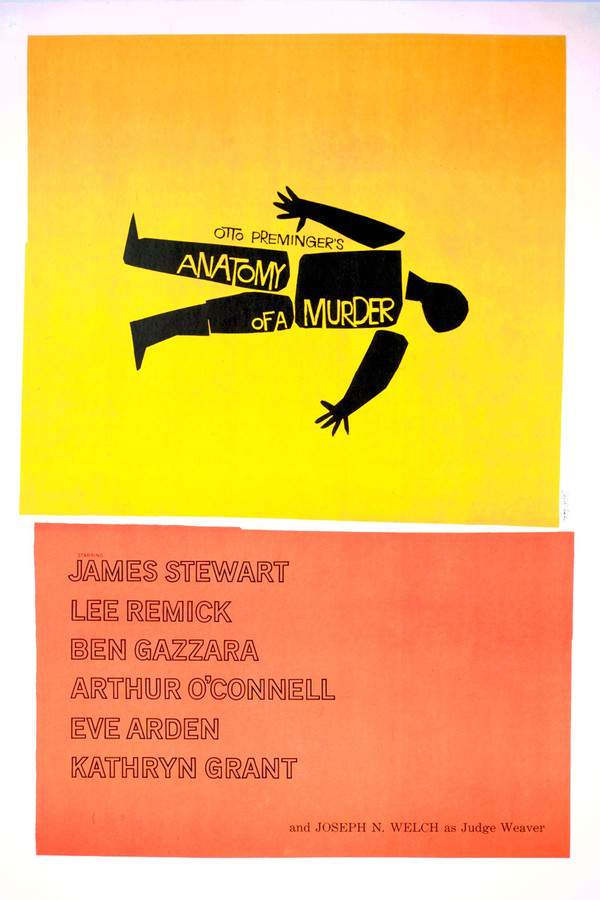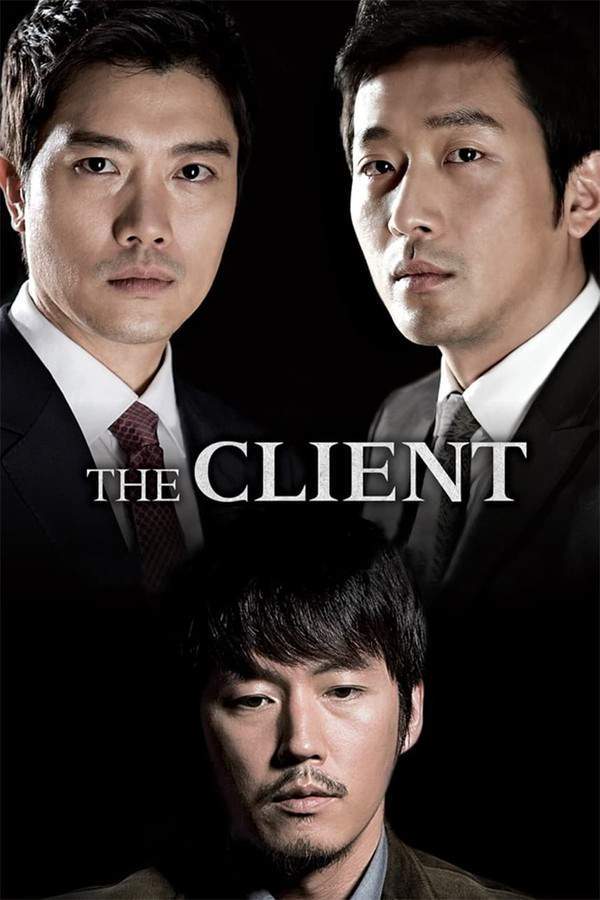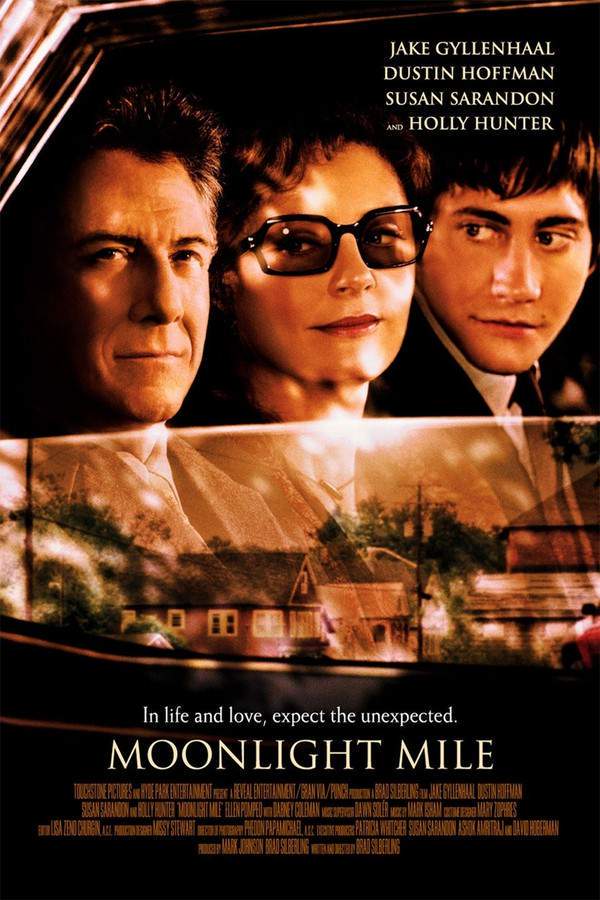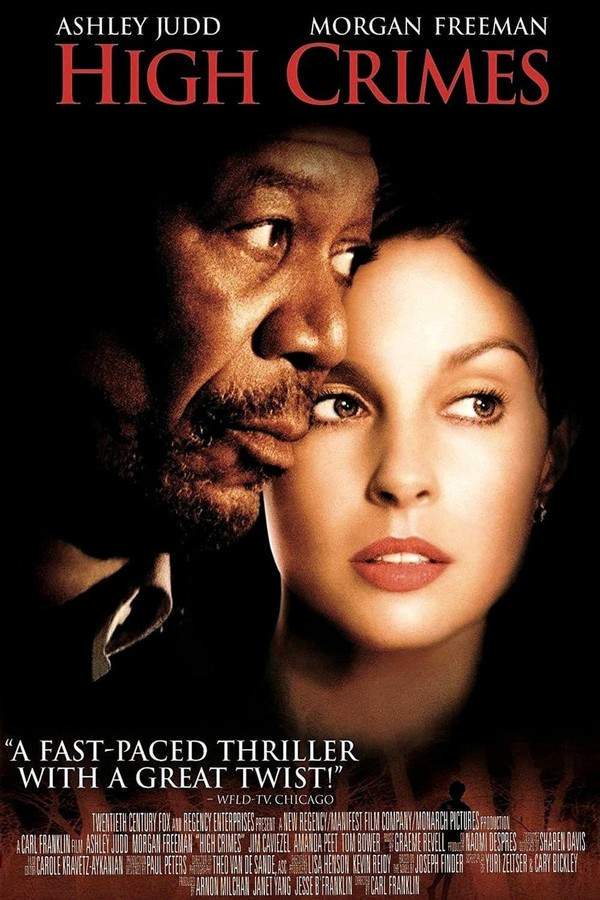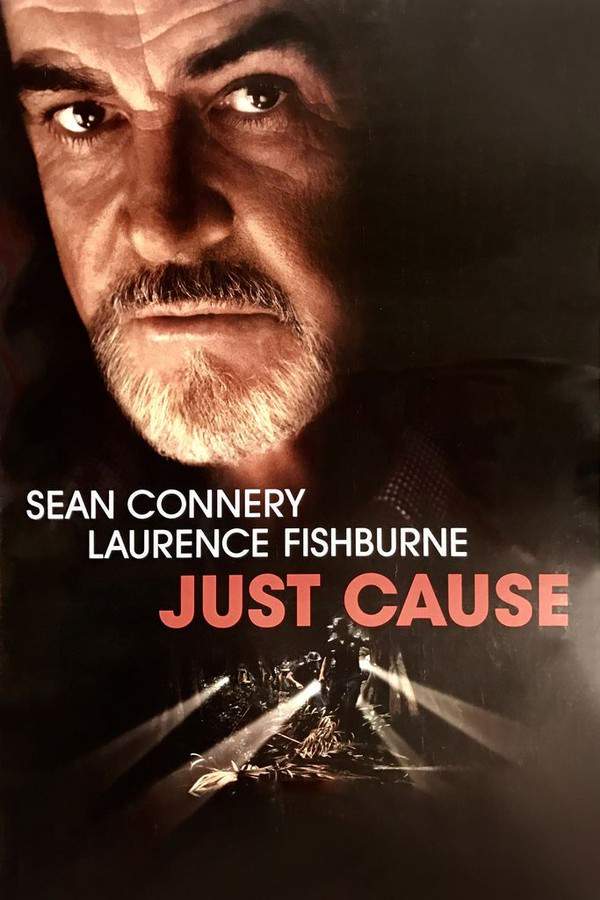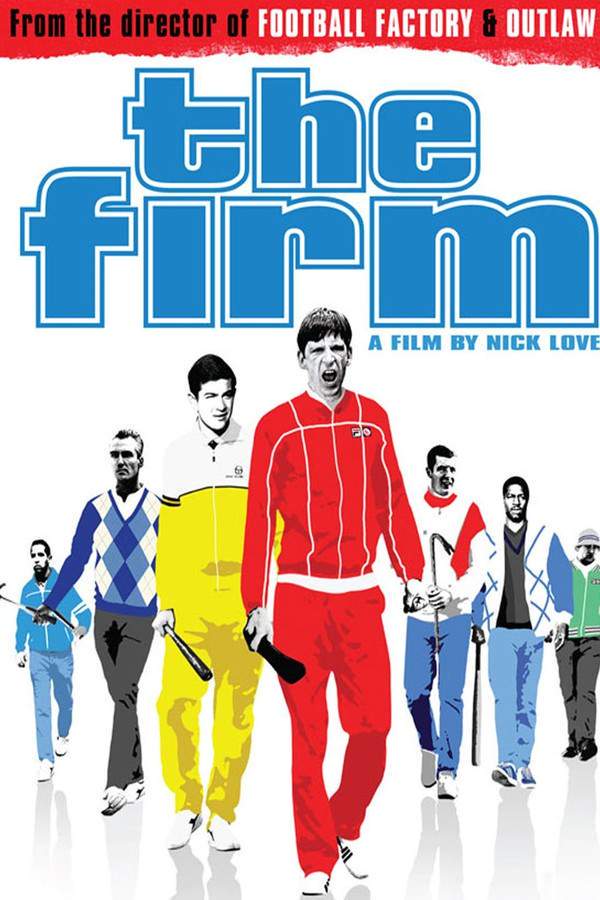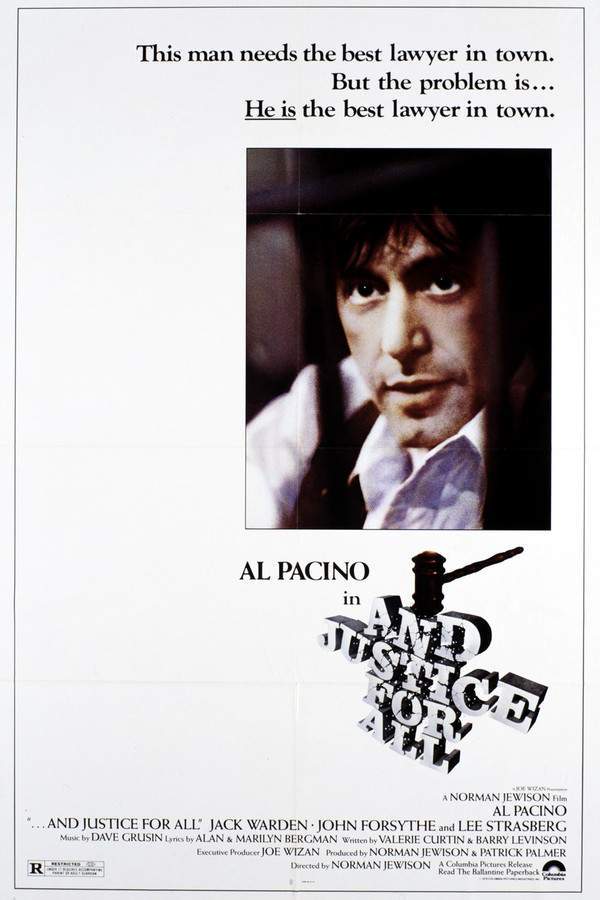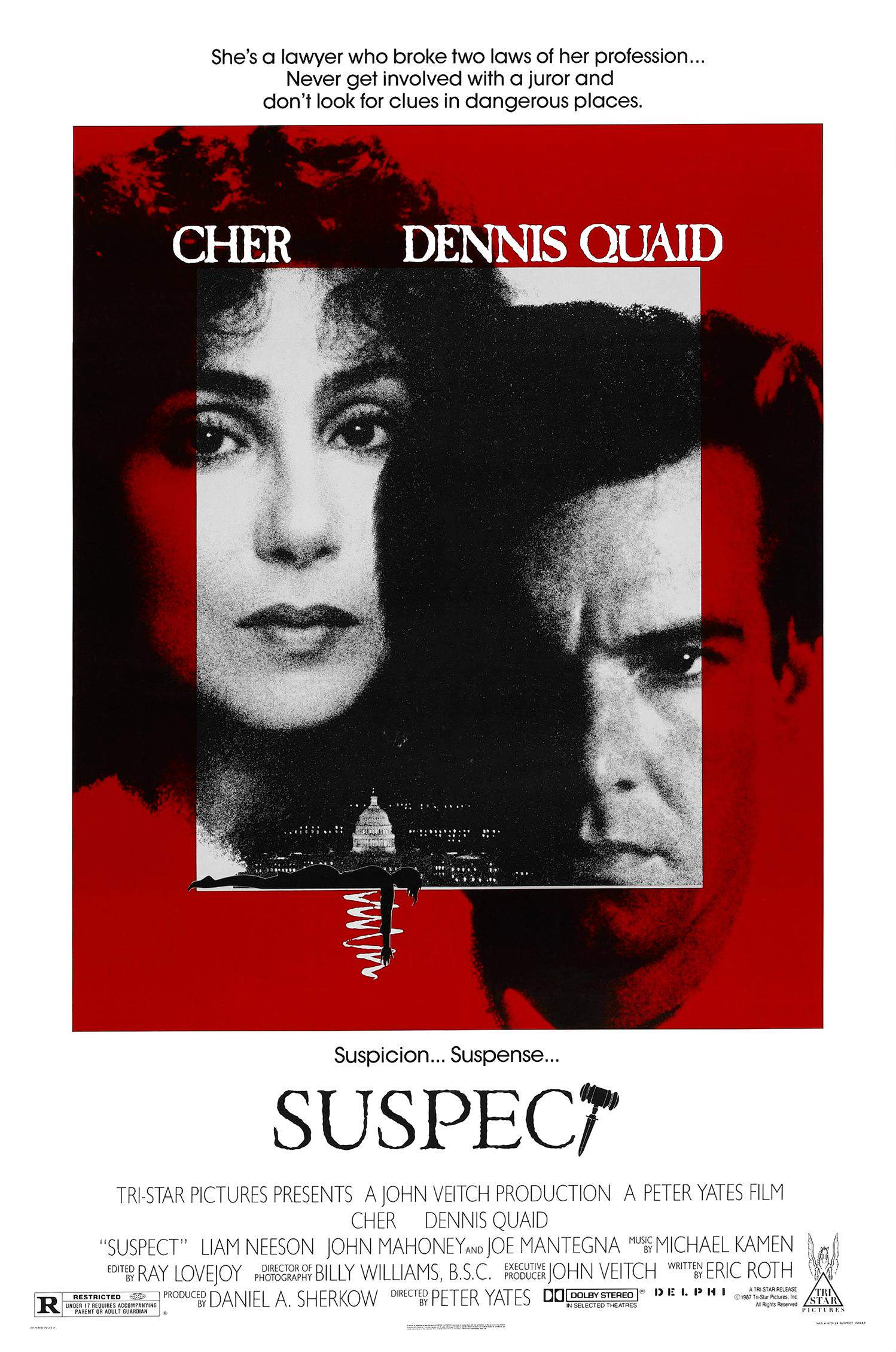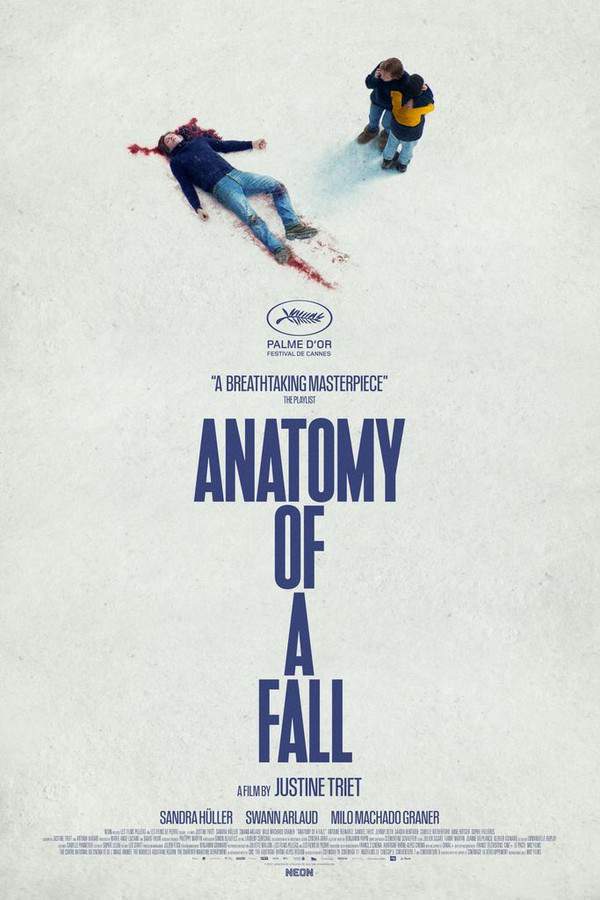A Few Good Men 1992
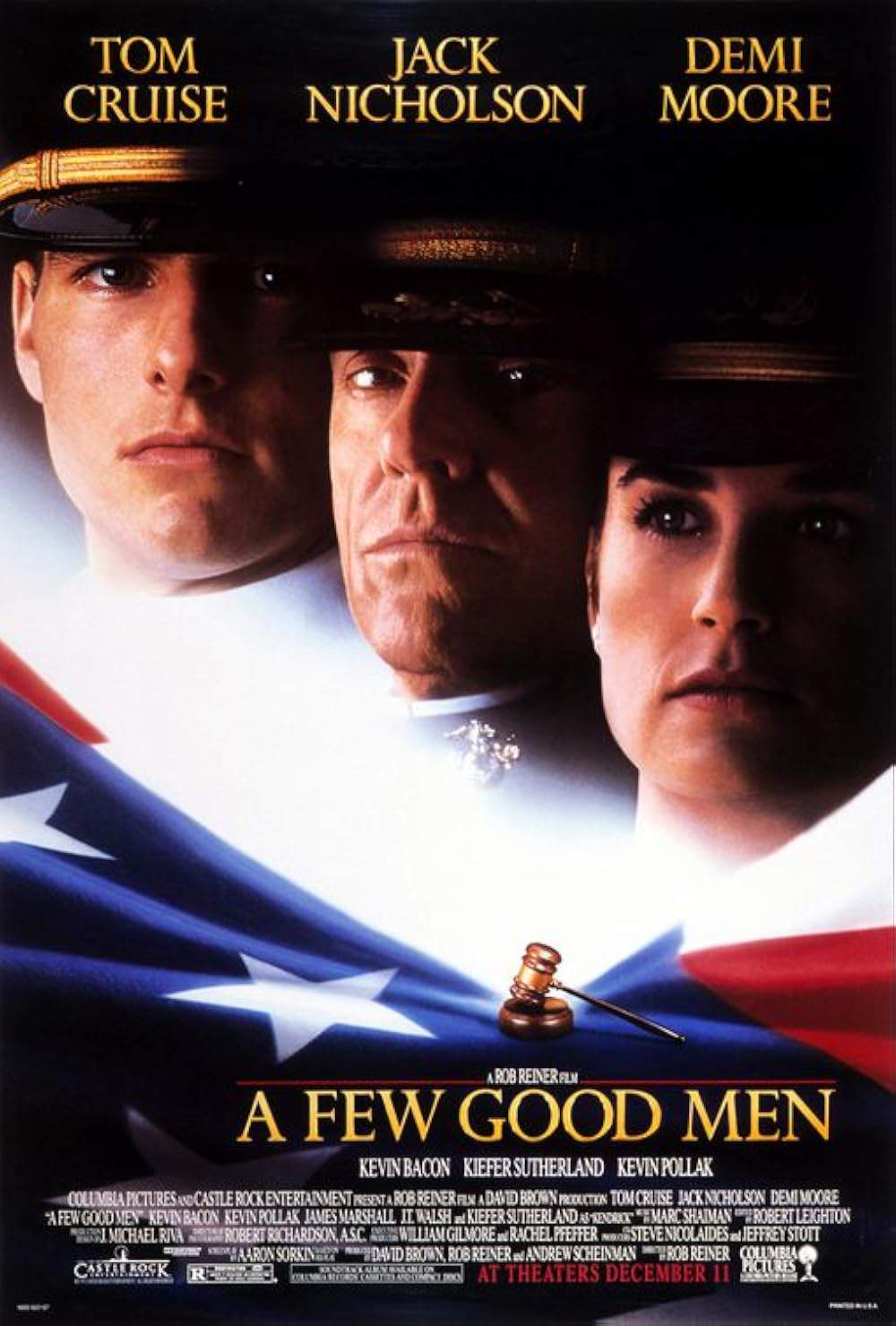
A driven financier experiences a sudden romantic crisis when his girlfriend unexpectedly ends their relationship just before a proposal. Devastated and questioning his approach to love, he begins to examine his past relationships and wonder if his compassionate nature has unintentionally pushed potential partners away. The film explores themes of heartbreak, self-reflection, and the complexities of finding lasting connection.
Does A Few Good Men have end credit scenes?
No!
A Few Good Men does not have end credit scenes. You can leave when the credits roll.
Meet the Full Cast and Actors of A Few Good Men
Explore the complete cast of A Few Good Men, including both lead and supporting actors. Learn who plays each character, discover their past roles and achievements, and find out what makes this ensemble cast stand out in the world of film and television.
External Links and Streaming Options
Discover where to watch A Few Good Men online, including streaming platforms, rental options, and official sources. Compare reviews, ratings, and in-depth movie information across sites like IMDb, TMDb, Wikipedia or Rotten Tomatoes.
Ratings and Reviews for A Few Good Men
See how A Few Good Men is rated across major platforms like IMDb, Metacritic, and TMDb. Compare audience scores and critic reviews to understand where A Few Good Men stands among top-rated movies in its genre.

62
Metascore
8.0
User Score

75
%
User Score
Take the Ultimate A Few Good Men Movie Quiz
Challenge your knowledge of A Few Good Men with this fun and interactive movie quiz. Test yourself on key plot points, iconic characters, hidden details, and memorable moments to see how well you really know the film.
A Few Good Men Quiz: Test your knowledge on the intricate plot and characters of 'A Few Good Men'.
Who is assigned to defend Lance Corporal Harold Dawson and Private First Class Louden Downey?
Captain Jack Ross
Lieutenant Daniel Kaffee
Lieutenant Commander Joanne Galloway
Colonel Nathan Jessep
Show hint
Awards & Nominations for A Few Good Men
Discover all the awards and nominations received by A Few Good Men, from Oscars to film festival honors. Learn how A Few Good Men and its cast and crew have been recognized by critics and the industry alike.
65th Academy Awards 1993
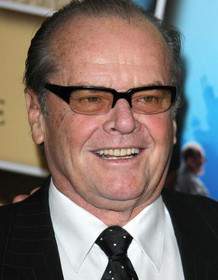
Film Editing
Best Picture
Sound
50th Golden Globe Awards 1993
Best Motion Picture – Drama
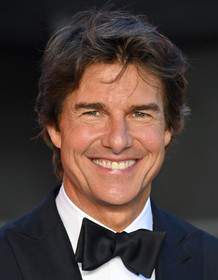

Best Supporting Performance in a Motion Picture – Drama, Musical or Comedy (Supporting Actor)
Jack Nicholson
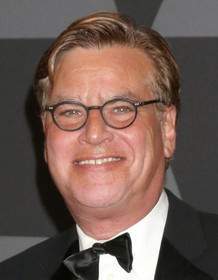
Full Plot Summary and Ending Explained for A Few Good Men
Read the complete plot summary of A Few Good Men, including all major events, twists, and the full ending explained in detail. Explore key characters, themes, hidden meanings, and everything you need to understand the story from beginning to end.
In the oppressive heat of the Guantanamo Bay Naval Base in Cuba, the lifeless body of Private William Santiago is discovered, and this shocking event ignites a serious crisis within the military ranks. Accused of Santiago’s brutal murder, Lance Corporal Harold Dawson and Private First Class Louden Downey are put on trial, with their defense assigned to Lieutenant Daniel Kaffee, a young lawyer known for making swift plea deals.
Yet, Lieutenant Commander Joanne Galloway suspects that the case is not as straightforward as it appears. Her instincts tell her that Santiago’s tragic death, following his plea for a transfer, is linked to deeper, troubling issues within the chain of command. As she uncovers more details, she learns that Lieutenant Jonathan James Kendrick, the platoon commander, had received orders from Colonel Nathan Jessep to “train” Santiago, hinting at systemic failures rather than individual shortcomings.
As Kaffee and Galloway delve into the investigation, they discover that Dawson and Downey may have acted on a “code red” order, a violent form of punishment. Their inquiries lead them straight to the core of the base, where they face hostility, particularly from Colonel Jessep. In an unexpected twist, while attempting to negotiate a plea bargain with Captain Jack Ross, Dawson and Downey refuse to take the easy way out, believing that doing so would betray their honor.
Things take a pivotal turn when Kaffee chooses to enter a not guilty plea on behalf of his clients, driven by the desire not just to maintain his reputation but also to expose the underlying truths of the case. What he does not realize is that this decision will lead to significant consequences, causing ripples throughout the military establishment.
In a confidential meeting, Lieutenant Colonel Matthew Markinson, Santiago’s commander, reveals a startling fact: there was never a direct order from Jessep granting Santiago a transfer. Faced with this new information, the defense team must reevaluate their strategy, addressing the harsh realities of life on the base. Testimonies expose the life’s brutality in the military; Dawson reveals that he had been demoted for helping a fellow Marine, while Downey confirms the existence of prior “code red” orders but admits he was absent when the order against Santiago was delivered.
As the weight of the trial bears down on Kaffee, he grapples with considerable doubt and regret over his handling of the case. His friend, Sam Galloway, encourages him to confront Colonel Jessep, despite the considerable risks associated with challenging such a high-ranking official without substantial evidence.
The courtroom drama escalates as Kaffee faces off against Jessep. Initially self-assured, Jessep’s confidence falters as Kaffee expertly scrutinizes his testimony, leading to a flurry of revelations concerning Santiago’s fate. Jessep’s facade ultimately collapses, prompting an outburst against the court and his own conduct, culminating in a dramatic exit that has consequences reverberating through the courtroom.
In the aftermath, the verdict against Dawson and Downey is delivered: guilty of “conduct unbecoming,” leading to their dishonorable discharge. Confused by the ruling, Downey seeks clarity, while Dawson imparts wisdom, illuminating the poignant truth that honor is in protecting the vulnerable. As the dust settles, Kaffee shares an intimate moment with Dawson, promoting the idea that true honor transcends mere titles. With the tension dissipating, Kaffee and Captain Ross engage in a brief exchange, before Ross takes action to apprehend Kendrick, paving the way for new developments in this intricate tale of duty and moral complexity.
Uncover the Details: Timeline, Characters, Themes, and Beyond!

Coming soon on iOS and Android
The Plot Explained Mobile App
From blockbusters to hidden gems — dive into movie stories anytime, anywhere. Save your favorites, discover plots faster, and never miss a twist again.
Sign up to be the first to know when we launch. Your email stays private — always.
Watch Trailers, Clips & Behind-the-Scenes for A Few Good Men
Watch official trailers, exclusive clips, cast interviews, and behind-the-scenes footage from A Few Good Men. Dive deeper into the making of the film, its standout moments, and key production insights.
Cars Featured in A Few Good Men
Explore all cars featured in A Few Good Men, including their makes, models, scenes they appear in, and their significance to the plot. A must-read for car enthusiasts and movie buffs alike.
A Few Good Men Themes and Keywords
Discover the central themes, ideas, and keywords that define the movie’s story, tone, and message. Analyze the film’s deeper meanings, genre influences, and recurring concepts.
A Few Good Men Other Names and Titles
Explore the various alternative titles, translations, and other names used for A Few Good Men across different regions and languages. Understand how the film is marketed and recognized worldwide.
Similar Movies To A Few Good Men You Should Know About
Browse a curated list of movies similar in genre, tone, characters, or story structure. Discover new titles like the one you're watching, perfect for fans of related plots, vibes, or cinematic styles.
Quick Links: Summary, Cast, Ratings, More

What's After the Movie?
Not sure whether to stay after the credits? Find out!
Explore Our Movie Platform
New Movie Releases (2025)
Famous Movie Actors
Top Film Production Studios
Movie Plot Summaries & Endings
Major Movie Awards & Winners
Best Concert Films & Music Documentaries
Movie Collections and Curated Lists
© 2025 What's After the Movie. All rights reserved.


